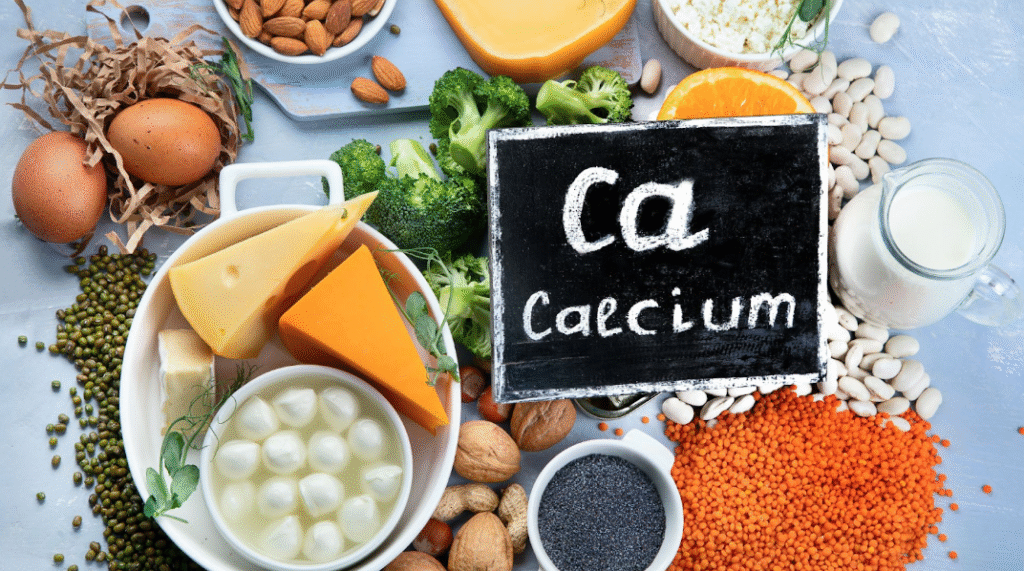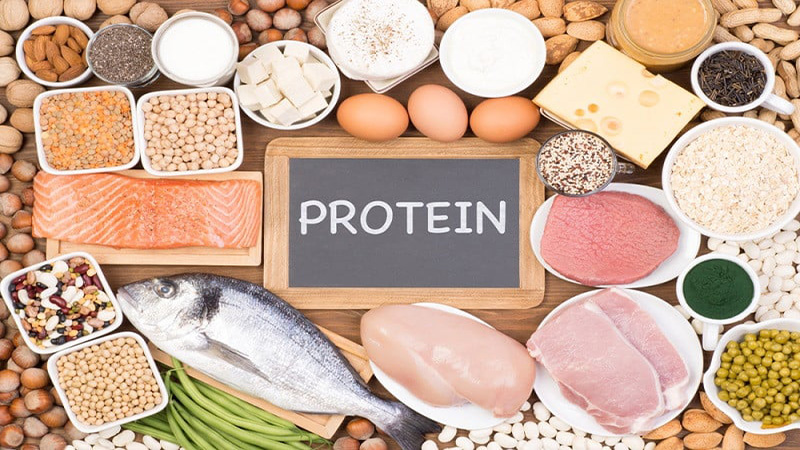
Daily Nutrition Tips for Strong Bones and Healthy Joints
Why Nutrition Matters for Bone Health
Nutrition plays a critical role in bone development. To maintain bone density and strength, the body needs adequate intake of calcium, protein, and vitamin D. Deficiencies in these nutrients can lead to weakened bones and increased risk of fractures or osteoporosis.
Calcium
Calcium is vital for bone growth. A calcium deficiency during childhood can lead to osteoporosis later in life. Certain life stages require higher calcium intake, including:
-
Children under 5
-
Pre-teens
-
Pregnant women
Adults need approximately 700 mg of calcium daily. A diverse, balanced diet can help meet this requirement. Good sources of calcium include:
-
Milk, cheese, and dairy products
-
Green leafy vegetables: broccoli, cabbage, okra (but not spinach due to oxalates)
-
Calcium-fortified soy products, tofu, and plant-based drinks
-
Nuts
-
Fortified bread and flour products
-
Fish with edible bones, such as sardines
Note: Spinach contains calcium but also oxalic acid, which hinders calcium absorption.

Vitamin D
Vitamin D helps the body absorb calcium and phosphorus, essential for bone health. While some vitamin D can come from food, sunlight exposure remains the primary source.
Foods rich in vitamin D:
-
Fatty fish: salmon, sardines, mackerel
-
Eggs
-
Fortified cereals
-
Powdered milk
If diagnosed with osteoporosis, a doctor may prescribe calcium and vitamin D supplements or specific osteoporosis medications.
Protein
Protein is essential for bone structure. Inadequate protein intake reduces bone density and impairs calcium and vitamin D absorption.
Note: Older adults should moderate their protein intake. Excess protein can lead to calcium loss through urine.

High-Risk Groups for Bone Problems
Certain groups are at greater risk of vitamin D deficiency or bone-related issues. The Department of Health recommends daily supplementation for:
-
Infants and young children (especially breastfed) under 5 years old
-
People with limited sun exposure
-
Individuals with darker skin tones (e.g., African, Caribbean, and South Asian heritage)
-
Postmenopausal women: Estrogen levels drop, accelerating bone loss
-
Vegans and vegetarians: May lack calcium and vitamin D from animal-based foods
Plant-based sources of calcium for vegans:
-
Fortified soy, rice, and oat drinks
-
Calcium-set tofu
-
Sesame seeds
-
Brown/white bread
-
Dried fruits: raisins, figs, prunes, apricots
Vegans should also seek sunlight exposure for vitamin D or consider fortified foods and supplements, especially during pregnancy and breastfeeding.
Caution: Too Much Vitamin A
Some studies suggest a link between excess vitamin A (retinol) and osteoporosis. To reduce risk:
-
Limit liver intake to once per week
-
Avoid high-dose retinol supplements
-
Menopausal women and older adults should keep intake below 1.5 mg/day
Final Thoughts
A balanced diet with sufficient calcium and vitamin D helps build strong bones from childhood and maintain them into old age. Poor bone health increases the risk of conditions like rickets and osteoporosis, leading to fractures.
For optimal bone health:
-
Eat a nutrient-rich diet
-
Stay physically active
-
Avoid risk factors such as smoking or excessive alcohol